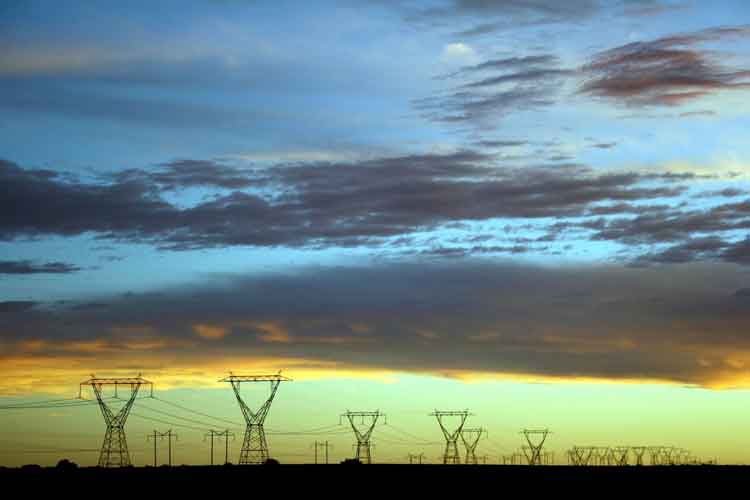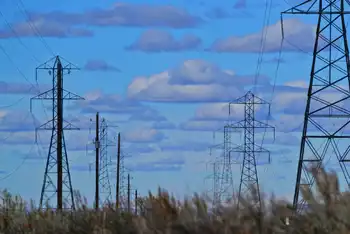DNR eyes rules to cut mercury emissions
Gov. Jim Doyle, a Democrat, asked the DNR during his re-election campaign last year to develop rules requiring coal-fired power plants to cut their emissions of mercury by 90 percent by 2018. The DNR had been aiming to cut mercury emissions by 80 percent by that time.
Its new regulations call for Wisconsin to bow out of a national program that would let utilities buy their way out of having to reduce emissions.
Wisconsin Manufacturers & Commerce, the state's largest business group, said the new regulations will increase electric rates and make the state less competitive.
"I can guarantee you that China isn't going to do this," said Scott Manley, the group's director of environmental policy.
A spokesman for WE Energies, the state's largest electric utility, said it had not yet reviewed the new regulations.
Environmental, fishing and hunting groups have pushed for stricter regulations because of concerns about mercury in fish. Wisconsin has a statewide fish consumption advisory telling consumers - particularly children and women who may have children - to limit the amount of fish they eat because of mercury contamination.
The Natural Resources Board will review the new regulations on March 28. The rules also would need approval from the state Legislature, where they will likely face opposition in the Republican-controlled Assembly.
Related News

Heating and Electricity Costs in Germany Set to Rise
BERLIN - As Germany moves into 2025, the country is facing significant shifts in heating and electricity costs. With a variety of factors influencing energy prices, including geopolitical tensions, government policies, and the ongoing transition to renewable energy sources, consumers and businesses alike are bracing for potential changes in their energy bills. In this article, we will explore how heating and electricity costs are expected to evolve in Germany in the coming year and what that means for households and industries.
Energy Price Trends in Germany
In recent years, energy prices in Germany have experienced notable fluctuations, particularly due to…





